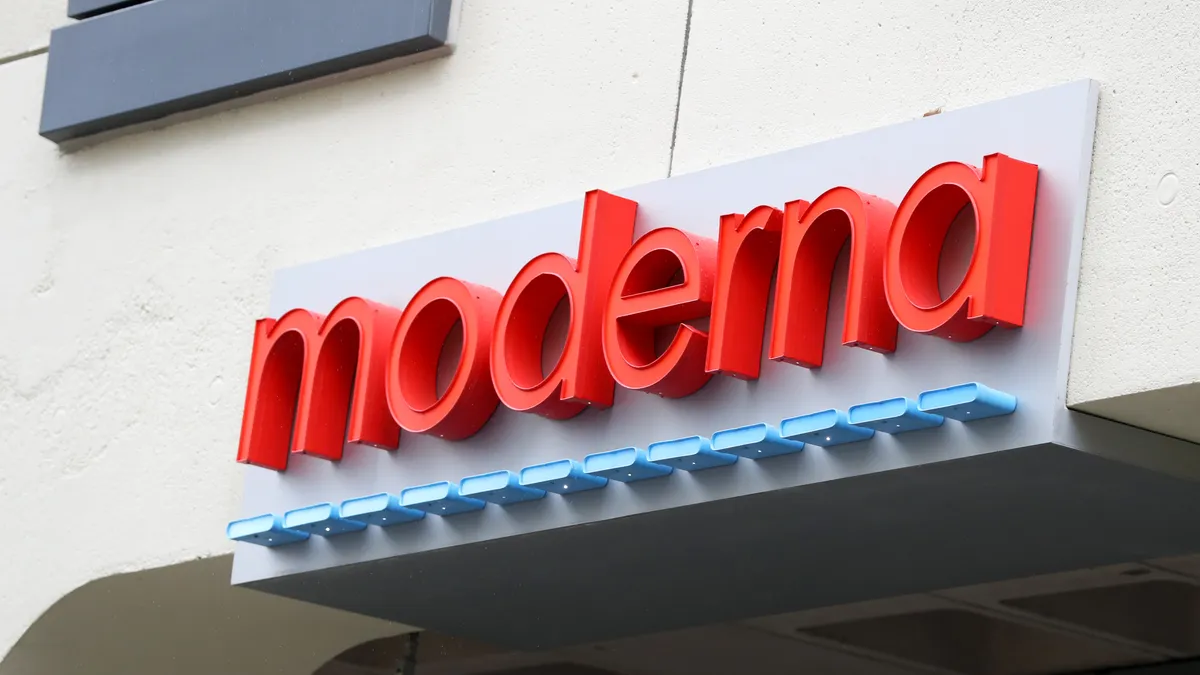Moderna is betting big on bespoke artificial intelligence assistants. The biotechnology company on Wednesday said it has expanded a partnership with OpenAI, the buzzy creator of ChatGPT, to give its thousands of employees access to custom-built AI chatbots.
Moderna hopes these tailored versions of the AI tool that made OpenAI famous will help boost its employees’ productivity as it attempts to bring 15 new vaccine and drug products over the next five years. Already, the biotech says its employees have created and deployed more than 750 “GPTs,” including tools that help its drug researchers select vaccine doses for testing and its lawyers quickly scan contracts.
The companies have been working together since last year and Moderna employees were already using a chatbot built around ChatGPT. The new agreement allows the biotech’s staff to build their own GPTs for specific purposes.
For example, a pilot tool called Dose ID is designed to verify vaccine doses selected by Moderna’s clinical study team before the they advance it further in testing.
“Dose ID GPT really allows us to take these large data sets ... and input that into the GPT, which makes an optimal dose recommendation from thousands of pages of data,” said Meklit Workneh, Moderna’s head of clinical development, in a video published alongside Moderna and OpenAI’s announcement. “It provides supportive rationale for why we are picking a specific dose over other doses.”
Moderna aims to have all of its employees using GPTs in their regular work processes. So far, its legal team has been the fastest to adopt the tools.
The biotech has long had a technological bent, often describing the messenger RNA its medicines are built from in the language of software and computer code.
Yet it’s not alone in exploring generative AI tools like large language models — other large drugmakers are incorporating the technology into their employees’ processes, too. Amgen and Danish biotech Genmab are both working with OpenAI in a similar fashion as Moderna, for instance.
A wave of startups, meanwhile, is exploring how AI could be applied to drug discovery, spurring billions of dollars of investment. Just this week, Xaira Therapeutics launched with more than $1 billion in funding from a long list of blue-chip venture backers.













